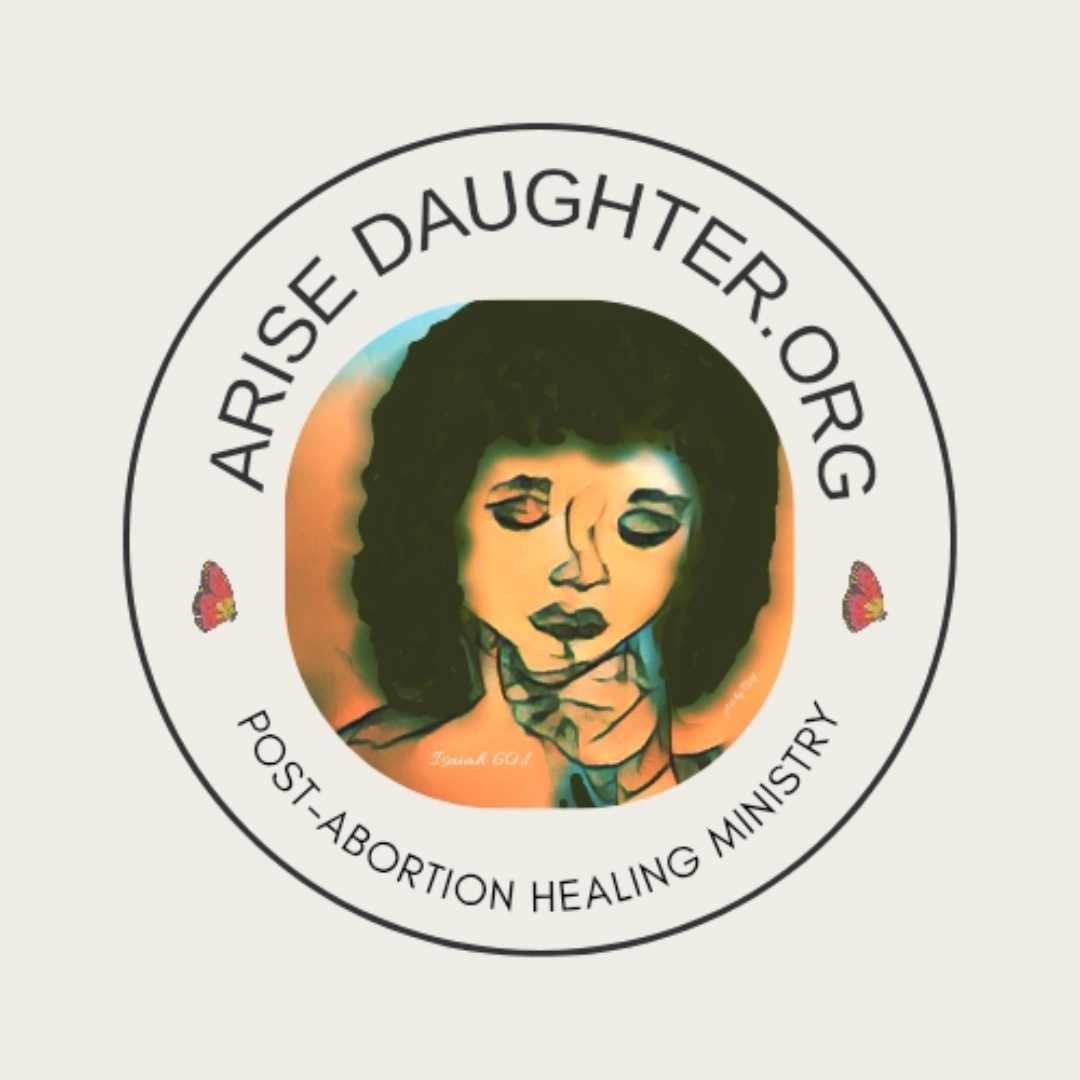When Motherhood is Stolen
- Sylvia Reynolds-Blakely
- May 19, 2024
- 3 min read
I'd like to share some of the story of Ms. Fannie Lou Hamer with you. If you aren't already in the know, my advice would be to Google her, sit back with your favorite cup of tea and dive in. Ms. Hamer was a powerful voice for social equality in the 1960's which claimed space for otherwise marginalized communities. She stood her ground against many a foe of justice and she had the battle scars to prove she was at the front line of the Civil Rights movement.
I love her story for many reasons, chief among them is how boldly she faced adversity in her unique God given way. She never tried to be someone else as she instinctively knew God made her battle ready for a reason. When you see pictures- her face set with steely determination and sweat running off of her brow- you just knew there was someone else on the other end taking notice of her righteous countenance. Aunt Fannie, although poor and classically uneducated, knew how to wield her God-given talents in the most effective ways.
One of the other reasons I am grateful for her is that she shared her reproductive story with the world to highlight the injustices that were being perpetrated against women of color. You see, Ms. Hamer was the victim of forced sterilization in her native Mississippi in the same year I was born, 1961. This well orchestrated and pervasive eugenics-based practice even had a colloquial name: the Mississippi appendectomy, which she may have coined. What happened to her was heinous on so many levels and is certainly a stain on the history of these United States. Just the fact that there was a collective of gynecologists' and state officials who'd agreed to circumvent every known moral and ethical provision to limit the reproduction of certain people groups is astonishing in it's own right. Add to that the oaths the physicians took to, 'do no harm' and the laws politicians created to support reproductive genocide created an intersection of moral and ethical relativism that continues to keep us off track today and truly sends shivers up my spine.
But what Ms. Hamer did was to use her outrage at being marginalized and mistreated to make a difference. She not only became involved in voting rights in Mississippi (narrowly escaping death while doing so), but she fought to be heard nationally at the Democratic Convention in 1964.
Her testimony was key in turning the moral compass of this country back towards liberty and justice for all as it shamed the devil and placed him under her feet.
And that's still just a part of her story. She was able to use her God-given singing voice to create an environment where activists-scared by threats of violence and arrest-could find solace and safety- in fact, her singing voice is what initially made her stand out to voting rights organizers. She was able to create a "cocoon of community" where jangled nerves could re-calibrate and gird up again for whatever came next.
She used art to heal.
But, she didn't stop there. She went on to become a foster mom and adoptive parent to four girls in her community. Although one form of motherhood was stolen from her, it seemed like Aunt Fannie made a way to create her own legacy anyhow.
Won't God do it?

Oh, and did I mention that she was the youngest of 20 children in a family that had to sharecrop to make a living yet STILL managed to raise a Fannie Lou!! You can hear her childhood story in her own words here.
Next time, let's explore Aunt Fannie's opinion on reproductive rights.
Many blessings and much love, Sylvia
Songs: "Songs My Mother Taught Me", 23 songs that kept Auntie Fannies faith and resolve strong. It's beautiful to hear her stories in her own voice.
Reference articles:











Comments